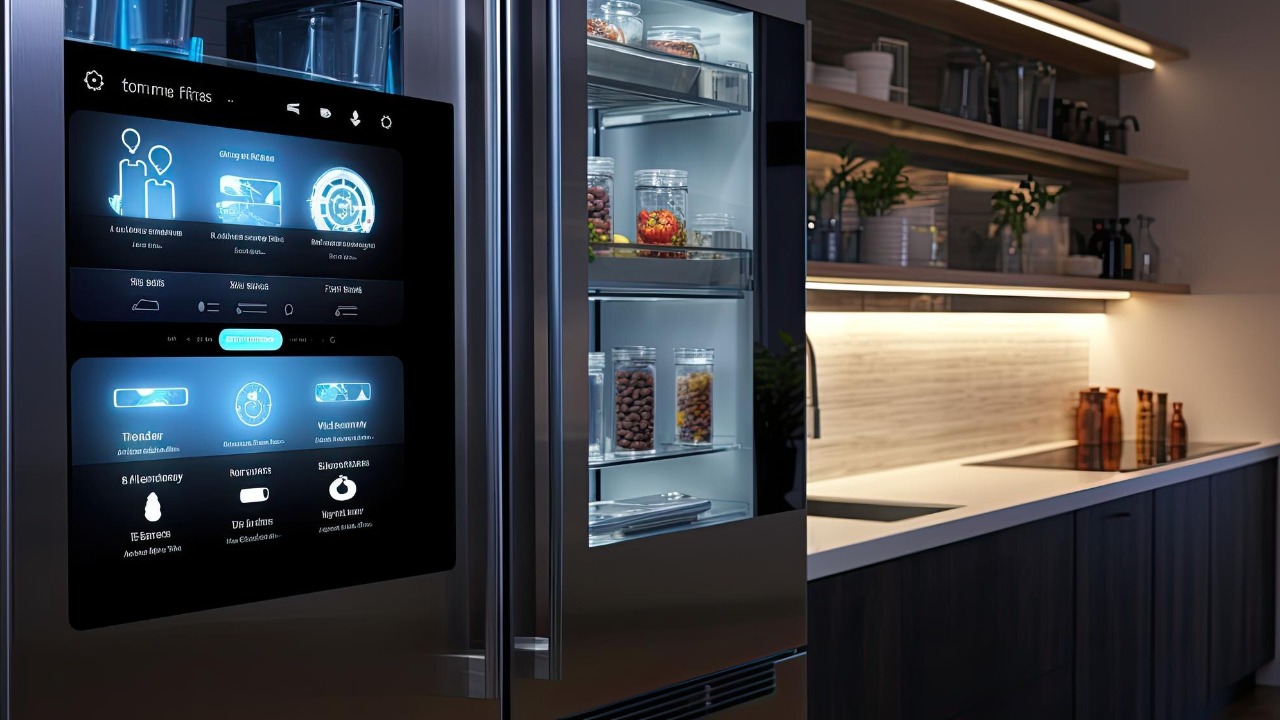
As technology continues to evolve, so does our approach to health and nutrition. One of the latest developments is the concept of smart fridges that promise to help keep track of our nutritional intake. But how reliable and useful are these modern appliances? Let’s delve into the world of smart fridges and their potential for nutrition tracking.
Understanding Smart Fridges and Nutrition Tracking
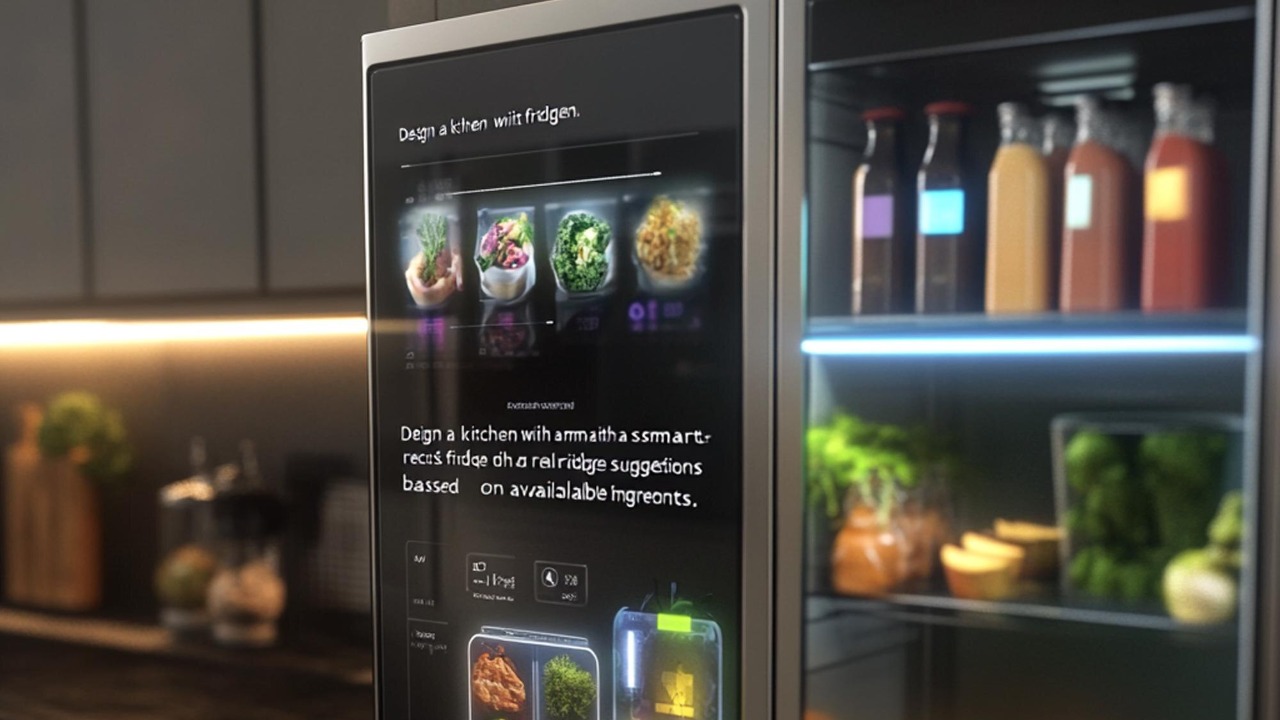
A smart fridge is more than just a place to store your food. It’s a high-tech device equipped with features such as internet connectivity, touch screens, and artificial intelligence. These fridges can sync with your smartphone, create shopping lists, suggest recipes, and even notify you when you’re running low on certain items.
Nutrition tracking, on the other hand, involves keeping a record of the food and drink you consume to monitor your intake of calories, macronutrients (protein, fat, and carbohydrates), and micronutrients (vitamins and minerals). It can be a valuable tool for maintaining a healthy diet, managing weight, and even preventing and managing certain health conditions.
How Smart Fridges Can Track Nutrition
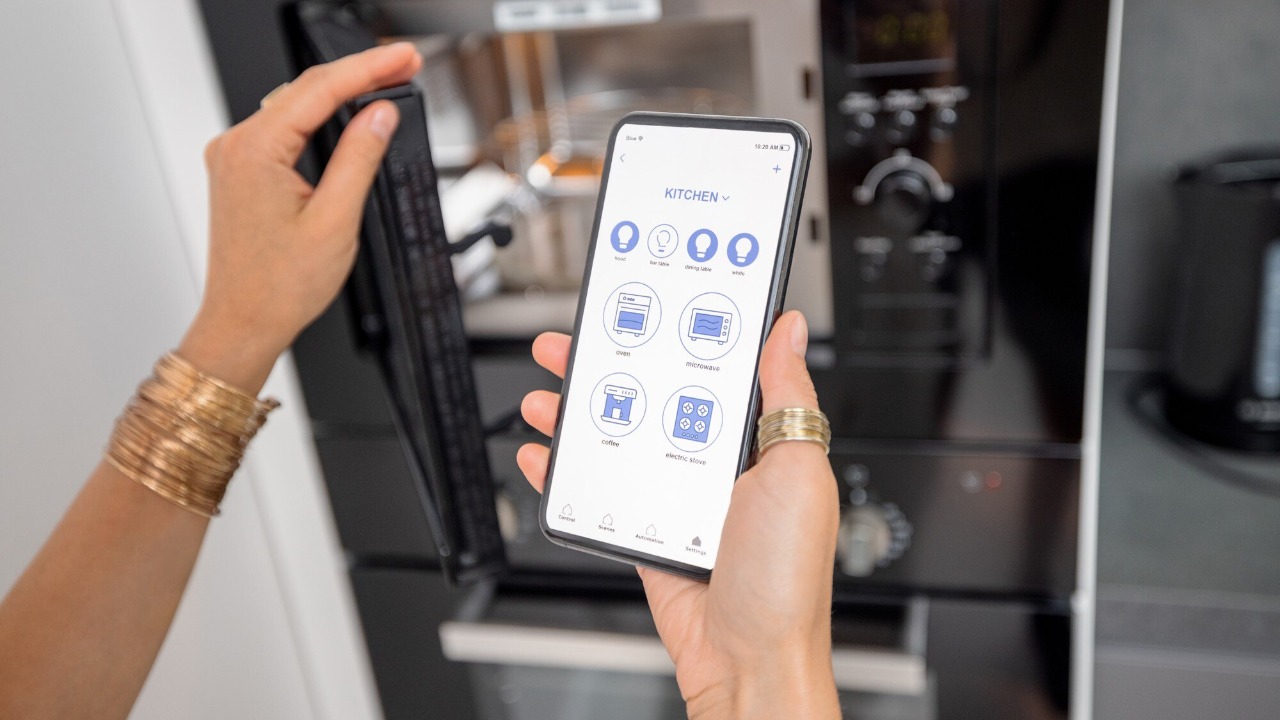
Smart fridges come with built-in technology that enables them to track the food stored inside them. Some models, like Samsung’s Family Hub refrigerator, have internal cameras that scan the fridge’s contents, recognize the items, and keep track of their expiry dates. This information can then be used to calculate the nutritional content of your stored food, helping you make healthier eating choices.
Another example of smart kitchen technology is the Cosori’s Smart Nutrition Scale. This device uses a database of food items to measure the nutritional content of your meals, aiding in precise portion control and balanced diet planning.
Accuracy and Effectiveness of Smart Fridge Nutrition Tracking
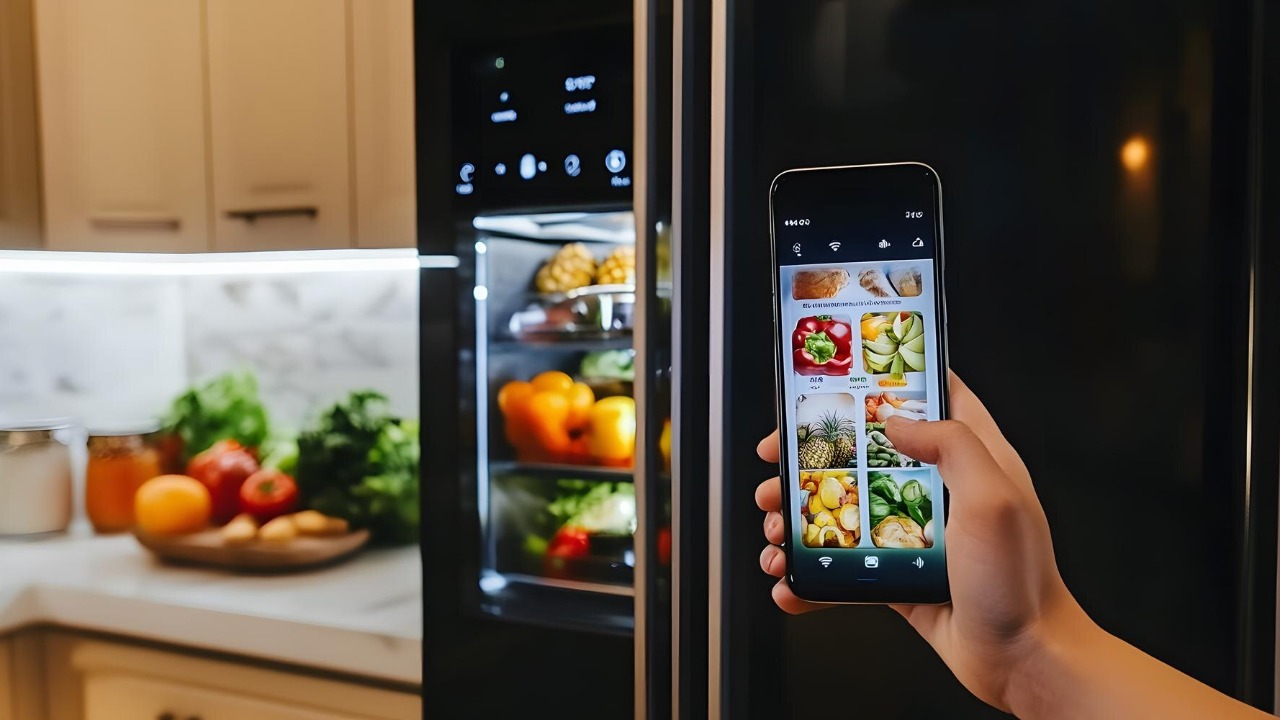
While smart fridges may offer a convenient way to track nutrition, their accuracy can vary. The ability of a fridge to correctly identify and calculate the nutrition of food items depends on the sophistication of its technology and the comprehensiveness of its food database. In general, they may not be as accurate or detailed as dedicated food tracking apps, which often allow you to scan barcodes or manually enter specific food items for more precise tracking.
Additionally, smart fridges currently face limitations in tracking fresh fruits, vegetables, and homemade meals, where nutritional content can vary significantly. They typically excel in tracking packaged foods with barcodes but struggle with more complex or ambiguous items.
Benefits of Using a Smart Fridge for Nutrition Tracking
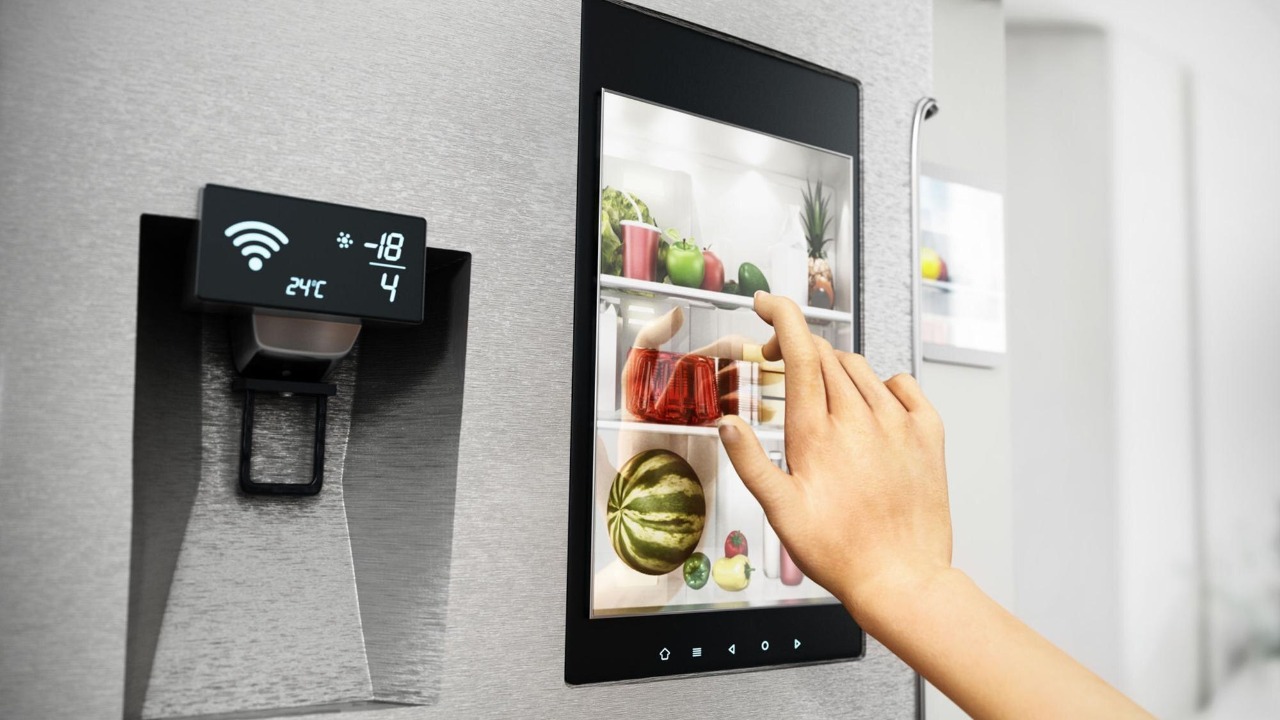
Despite their limitations, smart fridges offer several benefits for nutrition tracking. First, they provide a level of convenience that traditional methods can’t match. Instead of manually logging every item you consume, your fridge can automatically track your food for you. This can save time and reduce the risk of forgetting to log certain items.
Furthermore, smart fridges can play a significant role in promoting better food habits. With a clear overview of the food you have and its nutritional content, you can make more informed decisions about your meals. And with the integration of other health and wellness technologies, such as fitness trackers and health apps, a smart fridge could become a central hub for managing your overall health and wellbeing.
Is a Smart Fridge Worth the Investment for Nutrition Tracking?
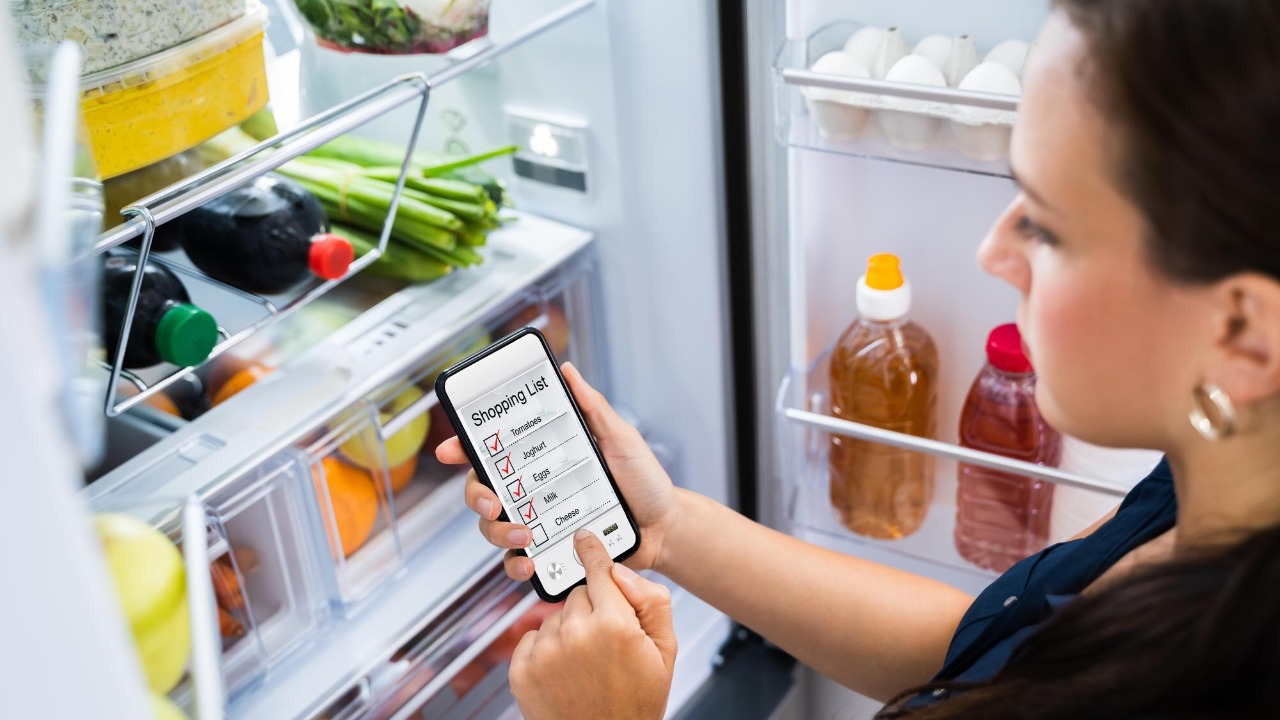
Smart fridges are undeniably more expensive than traditional fridges, but whether the nutrition tracking feature justifies the extra cost depends on your individual needs and priorities. If you’re serious about tracking your nutrition, value the convenience of automated tracking, and have the budget for it, a smart fridge could be a worthwhile investment.
However, it’s important to consider other factors as well. For instance, smart fridges can potentially help reduce food waste by reminding you of expiry dates and suggesting recipes based on the food you have. This could save you money in the long run, further justifying the initial investment.
On the other hand, if you’re primarily interested in nutrition tracking, a dedicated app might be a more cost-effective solution. While less convenient than a smart fridge, many apps offer more detailed and accurate tracking, support for a wider range of food items, and additional features like meal planning and dietary advice.